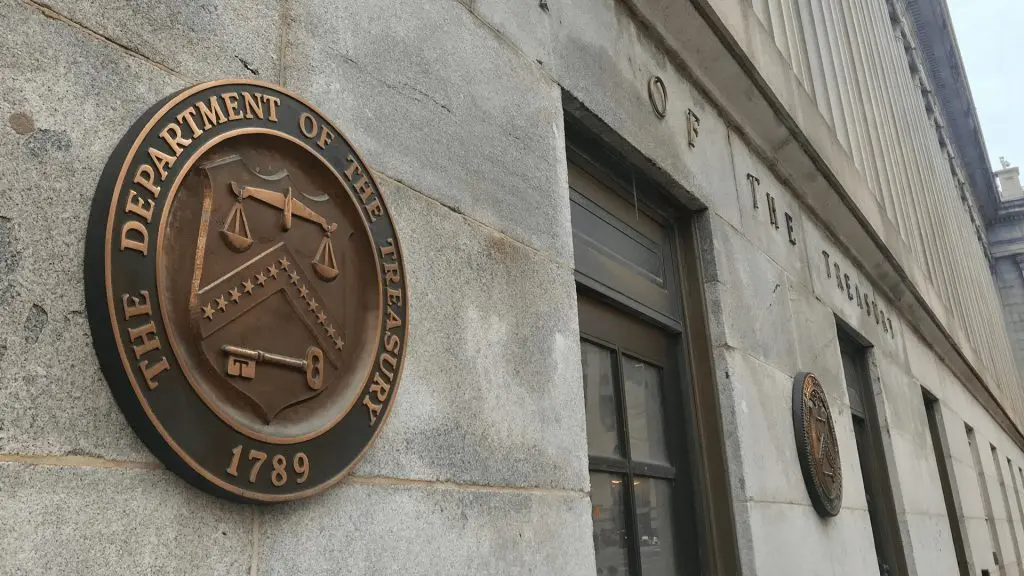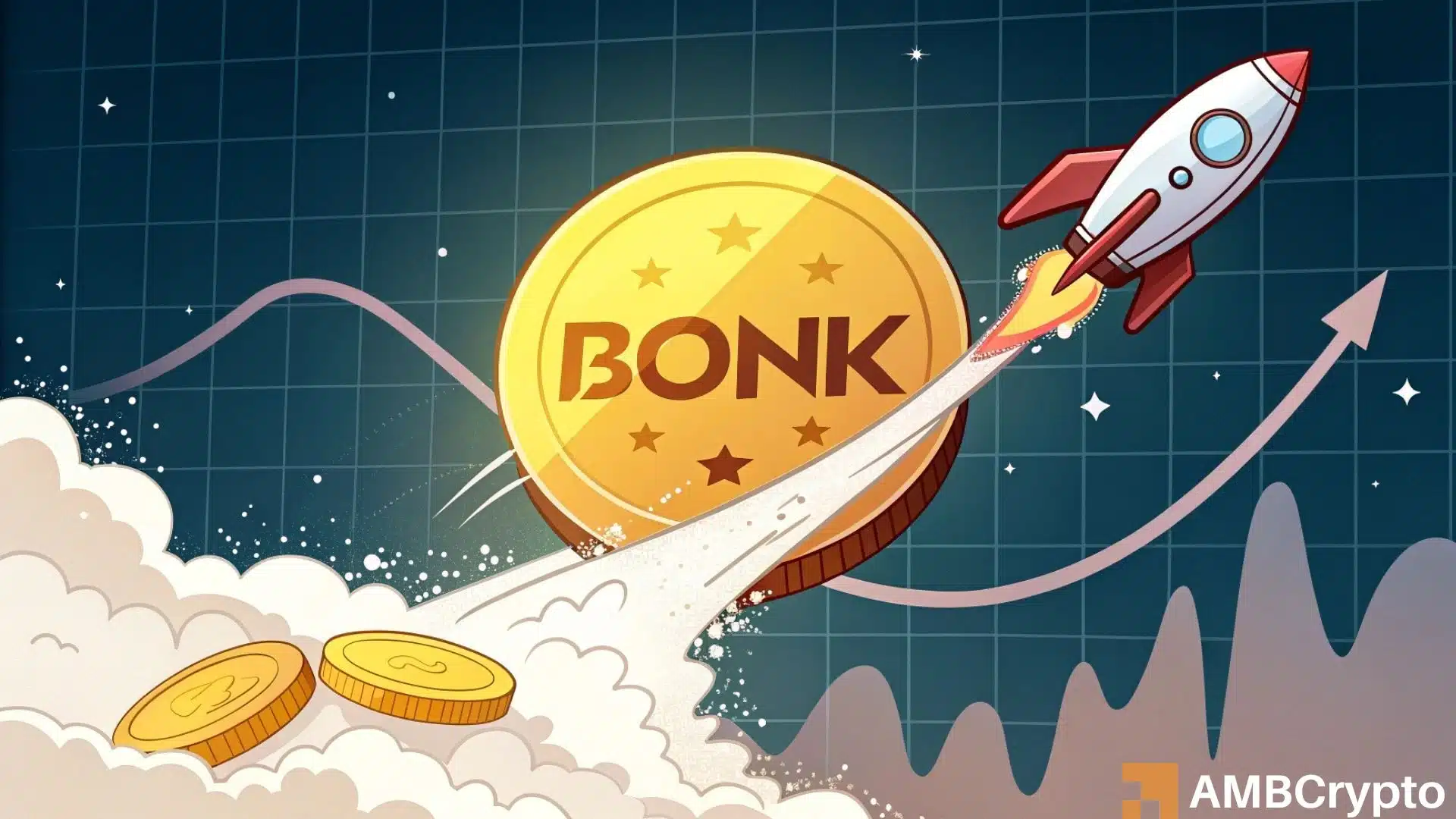
The post US Treasury Accuses DeFi Market For Facilitating Illicit Transfers By North Korean Hackers appeared first on Coinpedia Fintech News
The crypto market has recently attracted the attention of cybercriminals who are using these digital assets for illicit activities. In recent years, there has been an increase in the use of DeFi markets to launder illegal crypto money, and North Korean hackers are among the culprits. The US Treasury Department has pointed fingers at the DeFi market, which they say is being used by North Korean hackers for illicit transfers.
DeFi Market Threatens National Security
A recent report from the United States Treasury Department examining decentralized finance revealed that individuals from the Democratic People’s Republic of Korea, along with other fraudulent actors, can take advantage of vulnerabilities to conduct money laundering operations.
The U.S. Treasury’s “Illicit Finance Risk Assessment of Decentralized Finance” report, published on April 6, stated that several illicit groups from North Korea have profited from the non-compliance of some DeFi platforms with specific anti-money laundering (AML) and counter-terrorism financing (CFT) regulations. The report highlighted that inadequate AML/CFT measures and other weaknesses in DeFi services “facilitate the misappropriation of funds.”
Brian Nelson, Under Secretary of the Treasury for Terrorism and Financial Intelligence, commented:
“Illicit actors, including criminals, scammers, and North Korean cyber actors, are using DeFi services in the process of laundering illicit funds. Capturing the potential benefits associated with DeFi services requires addressing these risks.”
Decentralized Exchanges Lack Of AML Controls
The report observed that certain projects had actively promoted the absence of AML/CFT measures as a primary objective of decentralization, pointing out that individuals could frequently bypass sanctions imposed by the U.S. and the United Nations. Nonetheless, the Treasury emphasized that the majority of money laundering, terrorist financing, and proliferation financing took place through fiat currency or beyond the realm of digital assets.
Authorities suggested enhancing regulatory oversight of AML/CFT for platforms providing DeFi services, offering guidance to DeFi platforms concerning AML/CFT, and addressing any existing regulatory deficiencies. US Treasury notes:
“DeFi services at present often do not implement AML/CFT controls or other processes to identify customers, allowing layering of proceeds to take place instantaneously and pseudonymously, using long strings of alphanumeric characters rather than names or other personally identifying information.”
The evaluation was conducted following the executive order on digital assets signed by President Joe Biden in March 2022. With the execution of this order, numerous U.S. government agencies have initiated inquiries into the potential effects of various facets of the digital asset domain on the nation’s financial system and established payment infrastructure.

 2 years ago
114
2 years ago
114














 English (US) ·
English (US) ·